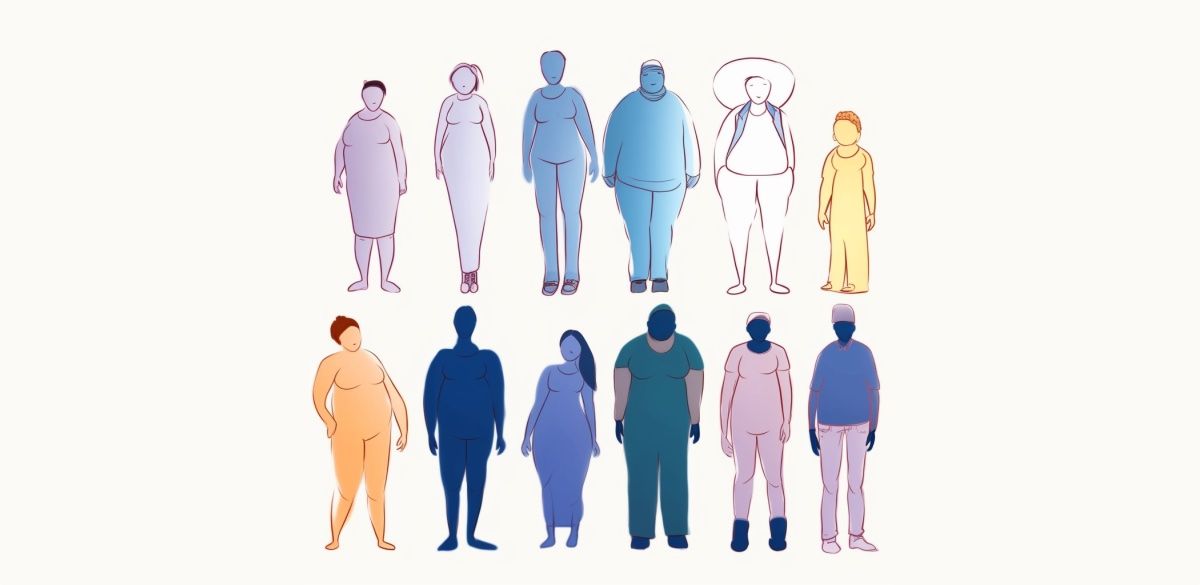A Personal Reflection on the Potential and Pitfalls of AI in Shaping Perceptions of Beauty

As someone passionately involved in the burgeoning field of Artificial Intelligence at Ember Innovations, I've always been excited by the potential of AI. Its applications are vast and varied, promising revolutionary breakthroughs from healthcare to education, even mental health. However, like any tool, AI's impact is significantly influenced by how it's used.
A recent campaign by the the Bulimia Project (https://bulimia.com/) highlighted a particularly disconcerting use of AI - one that potentially perpetuates unrealistic standards of beauty and could have damaging impacts on our mental health. Articles trending all over the internet this week unveiled images generated by an AI system of what it was programmed to consider 'perfect' men and women. The AI's output, fit bodies with clear skin and symmetrical faces, indeed looked aesthetically pleasing but painted an unnaturally narrow picture of beauty.
The lack of diversity in these images is troubling. The homogenous representations overlook the spectrum of body sizes, skin tones, abilities, age groups and gender expressions that make up the reality of human beauty. What's more, these so-called 'perfect' images can compound body image issues, lower self-esteem, and even trigger eating disorders. As a society, and more importantly, as parents, guardians, educators and role models, it's crucial that we address these unrealistic ideals that such technology can inadvertently reinforce.
The key issue here isn't the AI, but the data it's trained on.
The input reflects the existing societal biases in favour of certain physical traits, thereby propagating harmful stereotypes and beauty norms. AI doesn't 'think' in the human sense; it mimics patterns found in its data. Yet, when these AI-generated images are presented as the 'perfect' standard, it's easy to see how they could foster feelings of inadequacy and even a toxic strive for an unachievable ideal.
The campaign by Bulimia rightly emphasises the mental health implications of such technologies. At Ember Innovations, we advocate for the ethical and responsible use of AI, fully aware of its potential to both enrich and harm our mental well-being. It's crucial to use these tools 'for good,' promoting inclusivity, diversity, and realism in all outputs.
More than ever, we have a responsibility to educate ourselves, our children, and our communities about the power and potential pitfalls of AI, ensuring everyone understands that these generated images are not representative of true beauty. We must equip people with the skills to question and critique such depictions, to view them with a discerning eye, and to celebrate the diversity and beauty of the human form in all its unique shapes and sizes.
This campaign serves as a reminder that while we explore AI's potential to revolutionise our world, we must remain vigilant, ensuring it respects our collective mental health and well-being. Let's continue using AI for good, pushing its boundaries in a manner that genuinely benefits society, instead of imposing unrealistic and potentially damaging ideals

